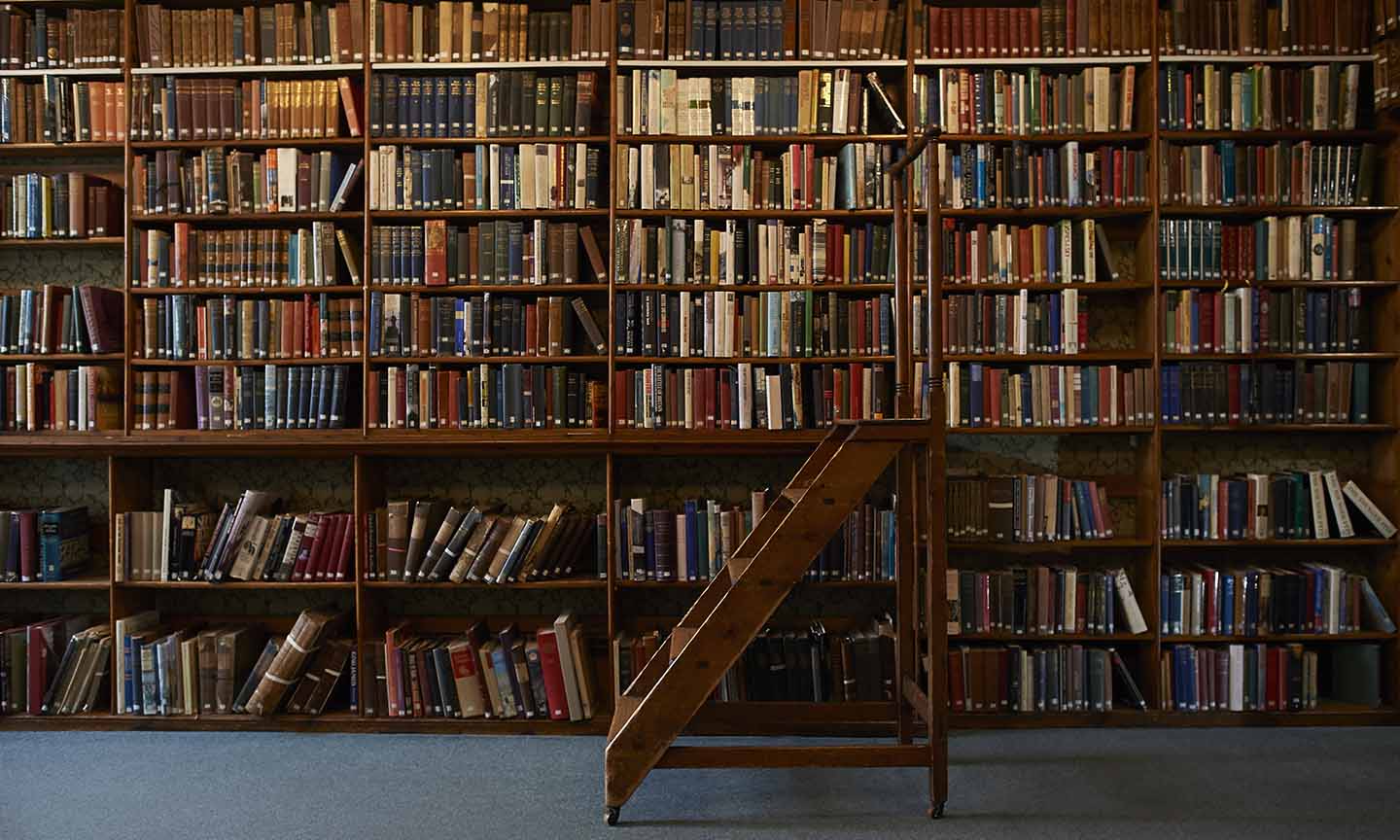There’s only one reason to write about music and musicians, and that’s to encourage people to listen to the music. Every one of these books does just that. They range from the more scholarly end of the spectrum to the passionate and personal. Each one is written with love and affection for jazz, which has often inspired some of the best writing on music.
These are not the 20 “best” books on jazz, but every one is worth seeking out and reading. They will encourage you to listen to more music.
Which great books on jazz would you recommend and why?
Satchmo: My Life In New Orleans (Louis Armstrong)
Louis Armstrong’s exuberant first-hand account of New Orleans at the turn of the 20th century is irresistible. Sometimes he may stray just a little from the facts, but that’s what also helps to make it so readable. There are other books about Pops, but only this one by the man himself.
Collected Works, A Journal Of Jazz (Whitney Balliett)
He’s been called “the most elegant of all jazz writers,” and it is hard to argue when you read his well-crafted prose. It is also a living history of half a century of jazz.
Treat It Gentle (Sidney Bechet)
A fascinating book about a fascinating man. It takes you back to New Orleans and then takes you on a journey to Europe and back to America. Bechet’s reputation is one that sometimes detracts from just how important he was.
Shining Trumpets: A History of Jazz (Rudi Blesh)
Published in 1949, this book quotes W.B. Yeats in the frontispiece, so you know that it is going to be scholarly, which it definitely is, but it’s also very readable. It’s one of the very earliest books to attempt the task of offering a history of jazz.
Jazz (Bob Blumenthal)
Bob Blumenthal’s “Jazz: An Introduction to the History and Legends Behind America’s Music” is a fabulous book. It’s been called “ the single best compact introduction to jazz currently available”. It’s certainly one of the very best.
The Song Of The Hawk: The Life And Recordings Of Coleman Hawkins (John Chilton)
English musician, writer, and critic John Chilton passed away in early 2016 and was one of the great advocates for jazz. His perception when writing of Hawk’s music is like no other and his work is important in recognizing one of the true greats.
Miles (Miles Davis)
Miles Davis‘ autobiography gives us an insight to jazz in the middle of the 20th century like no other book. He was on the inside and his insights are therefore very personal. No one else could have written this one. A must-read.
Riding On A Blue Note: Jazz And American Pop (Gary Giddins)
“Nobody writes with greater style and authority about American music than Gary Giddins. The great musicians are all here – from Professor Longhair to Charlie Parker – and it’s a pleasure to enjoy their company with a fine writer,” says Pete Hamill.
Jam Session (Ralph Gleason)
Jazz critic and writer Gleason collected this fascinating anthology of jazz writing and published it in 1958. Reading it puts you right back in the moment.
Norman Granz: The Man Who Used Jazz For Justice (Tad Hershorn)
A detailed and exhaustive biography of the man who was so important to the way we see and hear jazz through his groundbreaking Jazz At The Philharmonic concerts and his record labels, including Verve.
The House That Trane Built: The Story Of Impulse! Records (Ashley Kahn)
One of the giants in terms of the music it recorded, Impulse! is a label with a great story and the albums that were recorded for the label are among the best from the 1960s and early 1970s. Kahn tells, in great detail, how Impulse! went about it.
Mister Jelly Roll (Alan Lomax)
By his own admission, Ferdinand “Jelly Roll” Morton was central to the emergence of jazz in the early 20th century, and this book is a wonderful romp through a time that almost no one living can now remember. Folklorist Alan Lomax recorded Morton’s reminiscences, anecdotes, boasts, and songs in 1938, and in 1950, Lomax converted the recordings into this book, graced by David Stone Martin’s wonderful line drawings.
Living With Jazz (Dan Morgenstern)
Everyone who knows Dan knows that he is a man that understands jazz better than most anyone on the planet. The former editor of Down Beat offers a collection of writing that covers every nook and cranny of the genre. Seek it out and put it beside your bed.
Why Jazz Happened (Marc Myers)
WSJ journalist and brilliant jazz blogger Marc Myers has written the first social history of jazz and it is unputdownable. It’s only a little over 200 pages, but every single one is crammed with facts and opinions that make it essential.
High Times, Hard Times (Anita O’Day with George Eells)
It’s harrowing, and in places horrible, but Anita was there, knew them all, and lived to tell the tale. A classic.
The Blue Moment (Richard Williams)
This exquisitely written meditation on Miles Davis’ album, Kind Of Blue, is elegant and insightful and tells you all you want to know about this seminal recording. It is also a wonderful evocation of the very meaning and essence of blue. No praise is too high.
What A Wonderful World: The Magic Of Louis Armstrong’s Later Years (Ricky Riccardi)
Anyone who knows writer, historian, archivist, blogger, and the single most exciting advocate of Pops’s music, hears Ricky Riccardi saying every word that’s in this brilliant book. Enthusiasm and insight are important when writing about jazz.
Hear Me Talkin’ To Ya, the Story Of Jazz As Told By The Men Who Made It (Nat Shapiro and Nat Hentoff)
This is an oral history of jazz published in 1955, in which a vast array of musicians talk about the music, including Ella Fitzgerald, Louis Armstrong, Charlie Parker, and Dizzy Gillespie. Get it!
Space Is the Place: The Lives And Times Of Sun Ra (John F. Szwed)
A fascinating musician and a book that offers amazing insights into his life and work.
Pops: A Life of Louis Armstrong (Terry Teachout)
A wonderful, meticulously researched book that tells you an enormous amount about Armstrong.




